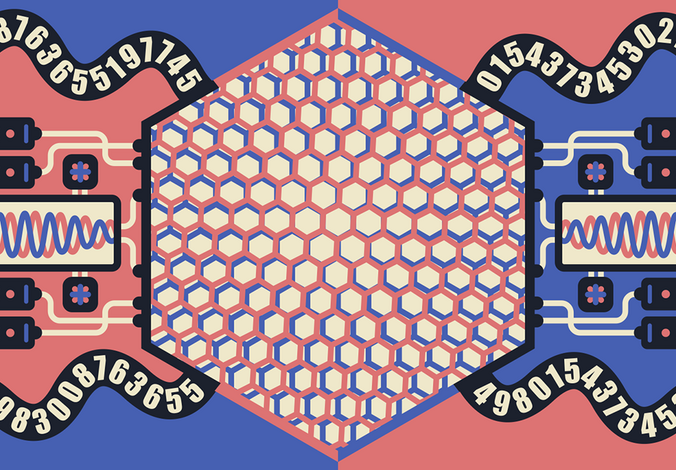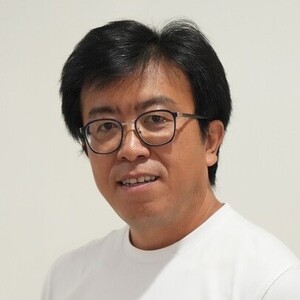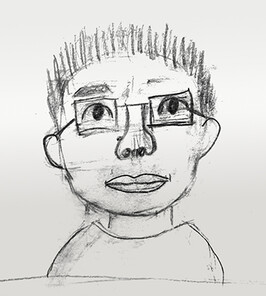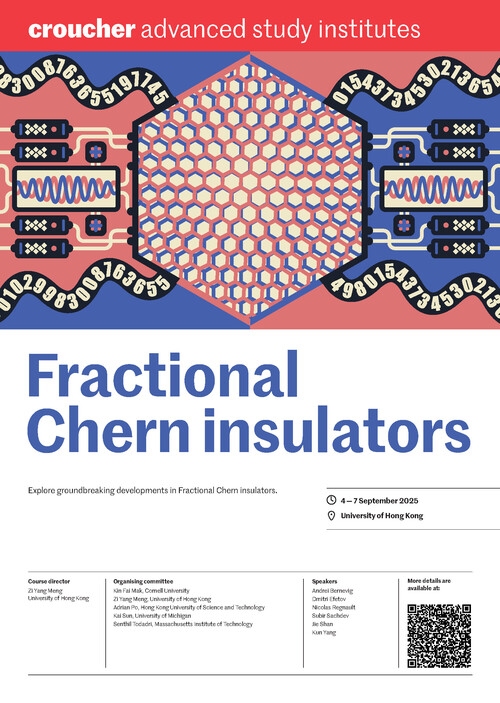
- Date & Time
- September 4 - 7, 2025
- Venue
- Rayson Huang Theatre, The University of Hong Kong
New developments in the related field of Fractional Chern Insulator have transcended the established paradigm of state of matter based on Landau’s symmetry-breaking theory, offering opportunities to explore phenomena such as anyons and non-Abelian fractional statistics. This ASI will provide a comprehensive overview of frontier research in this rapidly evolving field, encompassing aspects of theory, numerics, and experiments.
Key topics:
- Fractional Chern Insulator
- Fractional Quantum Hall Effect
- Topology and quantum geometric properties
- 2D materials
- Quantum many-body modelling and computation
Who is the Institute for? Early career researchers in fields relevant to the topic.
Click here for more details about the programme.
If you have any enquiries about the course, please contact the Course Secretary, Hongyu Lu, by email at luhongyu@connect.hku.hk.
Course director: Professor Zi Yang Meng, the Department of Physics, The University of Hong Kong
Professor Meng’s research focuses on quantum many-body computation and its application in modelling and explaining quantum materials. He is an editorial board member of Reports on Progress in Physics and was previously a Mercator fellow of the German Research Foundation(DFG).
Before joining HKU, he served as a professor at the Institute of Physics, Chinese Academy of Sciences. He obtained his PhD from the University of Stuttgart, Germany, and conducted postdoctoral research at the University of Toronto, Canada, and Louisiana State University, USA.
Beyond his academic endeavours, Professor Meng writes essays (primarily in Chinese) on topics such as physics research, life, and the challenges of being a scientist within diverse cultural and societal contexts.These essays are available on his group website: https://quantummc.xyz/
Click here to learn more details about the speakers.
The programme is co-organised by the Croucher Foundation, HKU Department of Physics and HKUST Department of Physics.




